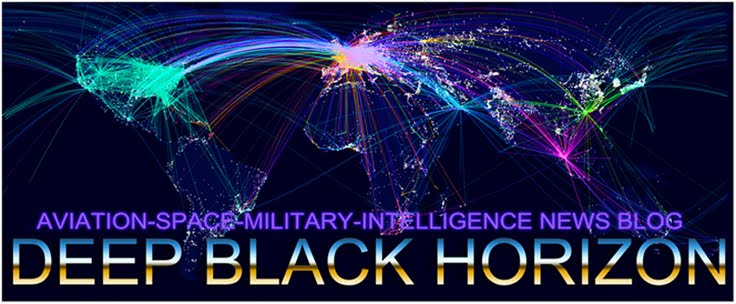Thursday, July 21, 2011
Space Shuttle Atlantis home - end of an era.
USA TODAY:
Atlantis is home," said NASA control moments after its arrival at 5:56 a.m. ET. "Its journey complete. A moment to be savored."
In its final act before beginning the long journey home, Atlantis sent a small payload into orbit on Thursday.
As an era comes to a close, nearly 200 satellites, probes and spacecraft have emerged from the cargo bays of NASA's five space shuttles since the Columbia launched from Kennedy Space Center on April 12, 1981.
"We really wish we could share with everybody this really cool glow," Commander Chris Ferguson radioed as he and his crew entered the Earth's atmosphere in a plasma of heated air before touching down. "We're doing fantastic."
The perfect landing is bittersweet. As sorrowful employees greeted the fabulous flying machine for the final time, plans for NASA's next grand venture remain largely on the drawing board. United Space Alliance, one of the space program's largest employers, will lay off about 2,000 employees on Friday.
President Obama has charged NASA with finding a way to transport astronauts into deep space, either to Mars or an asteroid, but that flight could be a generation away.
Most of the nation's baby boomers can remember the thrilling moment Apollo 11 astronauts Buzz Aldrin and Neil Armstrong stepped onto the moon, inspiring a generation of kids who idolized astronauts and devoured space science.
The Generation X grew up on the space shuttle, which astronomer and former NASA historian Steven Dick says provided little in the way of ground-breaking exploration and discovery, but great engineering breakthroughs.
"It's definitely the end of the era," Dick said. "The shuttle has been a magnificent flying machine, an engineering marvel, but it has consigned Americans for two generations to low-Earth orbit. I think that's a negative."
Without the excitement of a heart-pounding launch of astronauts blasting toward the stars, America's space program seems destined for a decade of obscurity. American astronauts will hitch rides to the International Space Station on the Russian Soyuz until commercial space companies develop the rockets and capsules to transport humans.
"I hope we won't lose a whole generation. Kids get excited by exploration," Dick said. "I think NASA, in some ways, is doing the right thing by off-loading the routine work of the space shuttle. The only problem is we're a long way from getting something that will take us out of low-Earth orbit."
Until then, NASA is hoping to capture American imagination with telescopes, probes and and unmanned spacecraft.
READ THE REST OF THE STORY HERE
Subscribe to:
Post Comments (Atom)

No comments:
Post a Comment